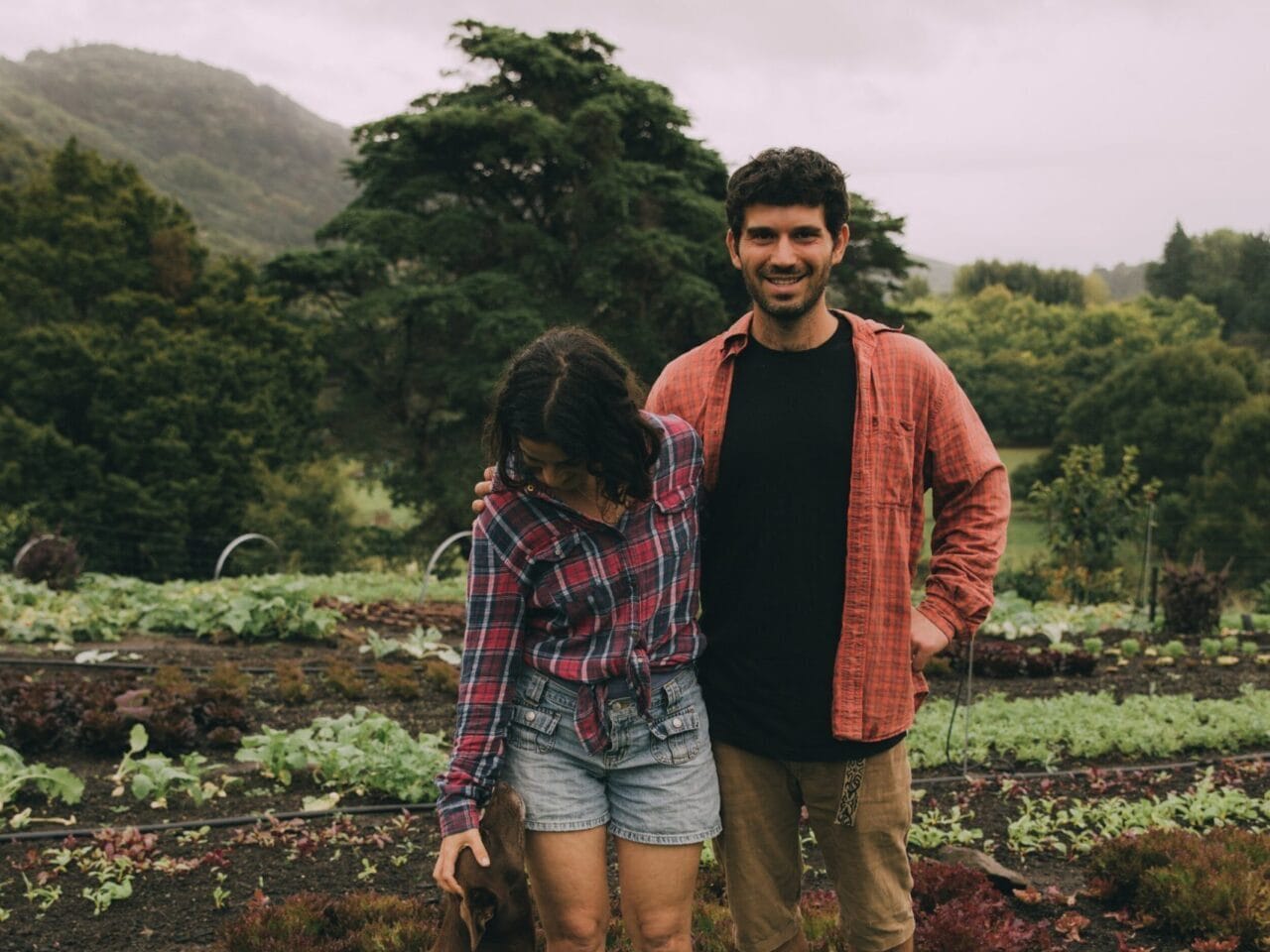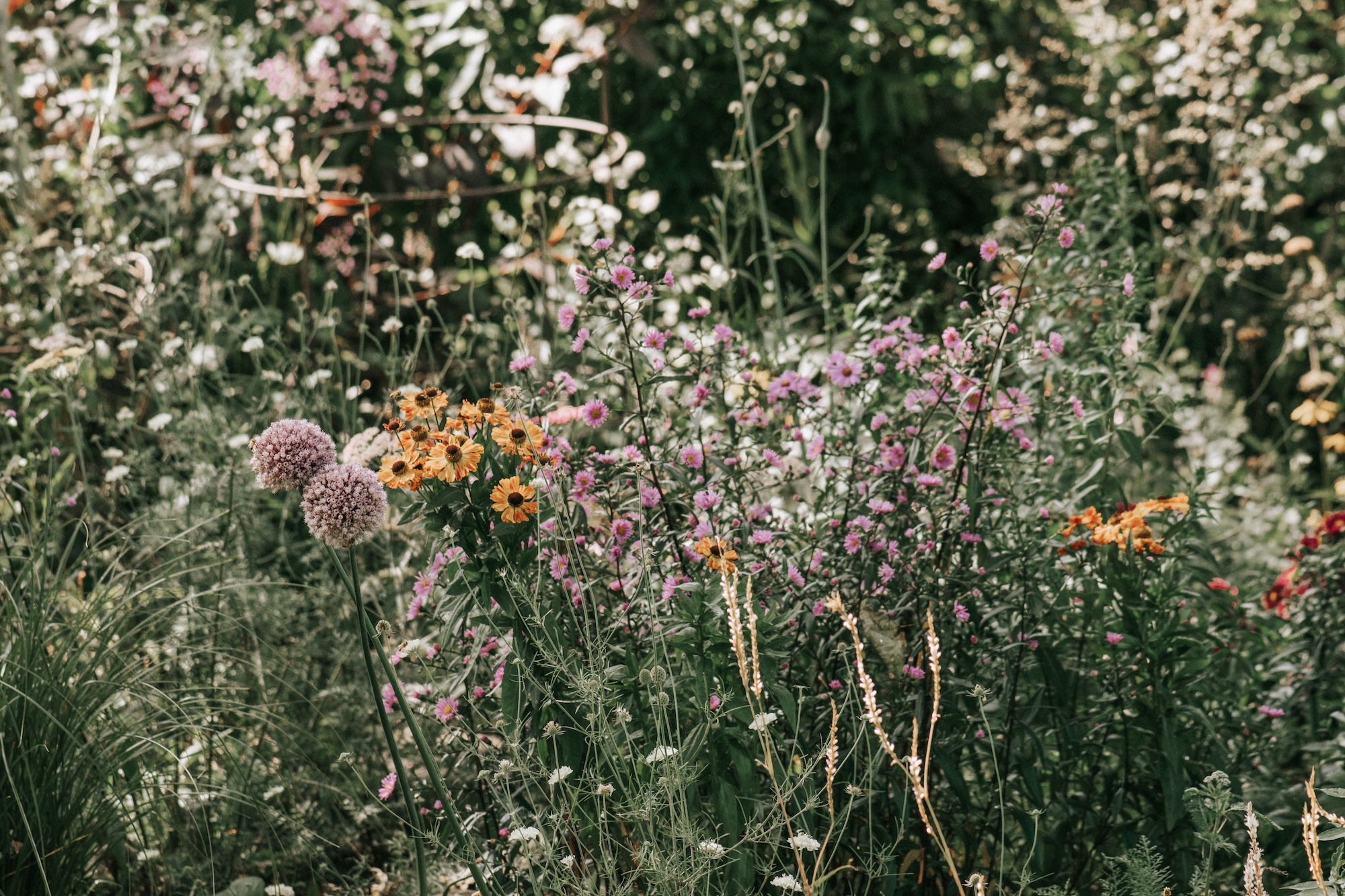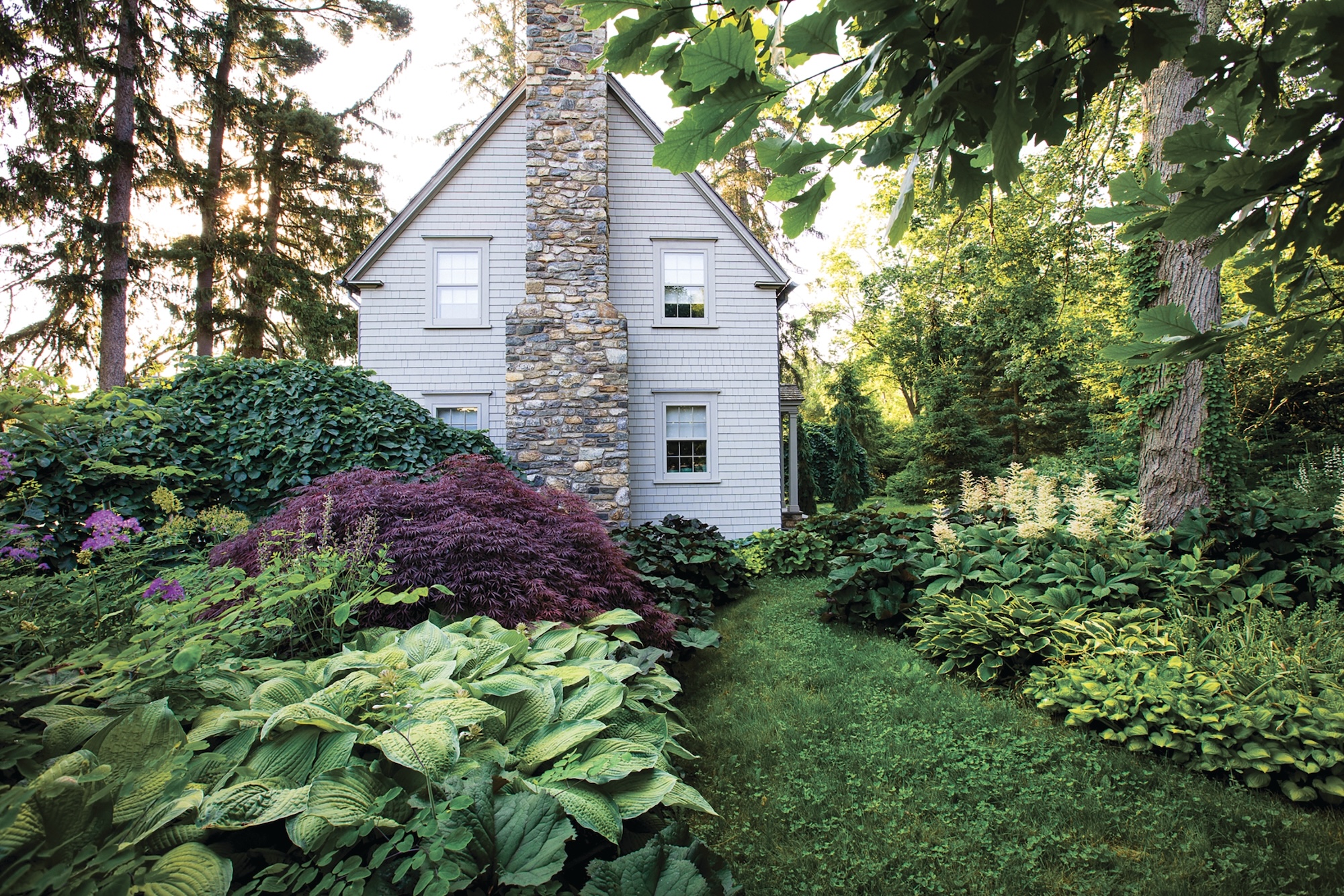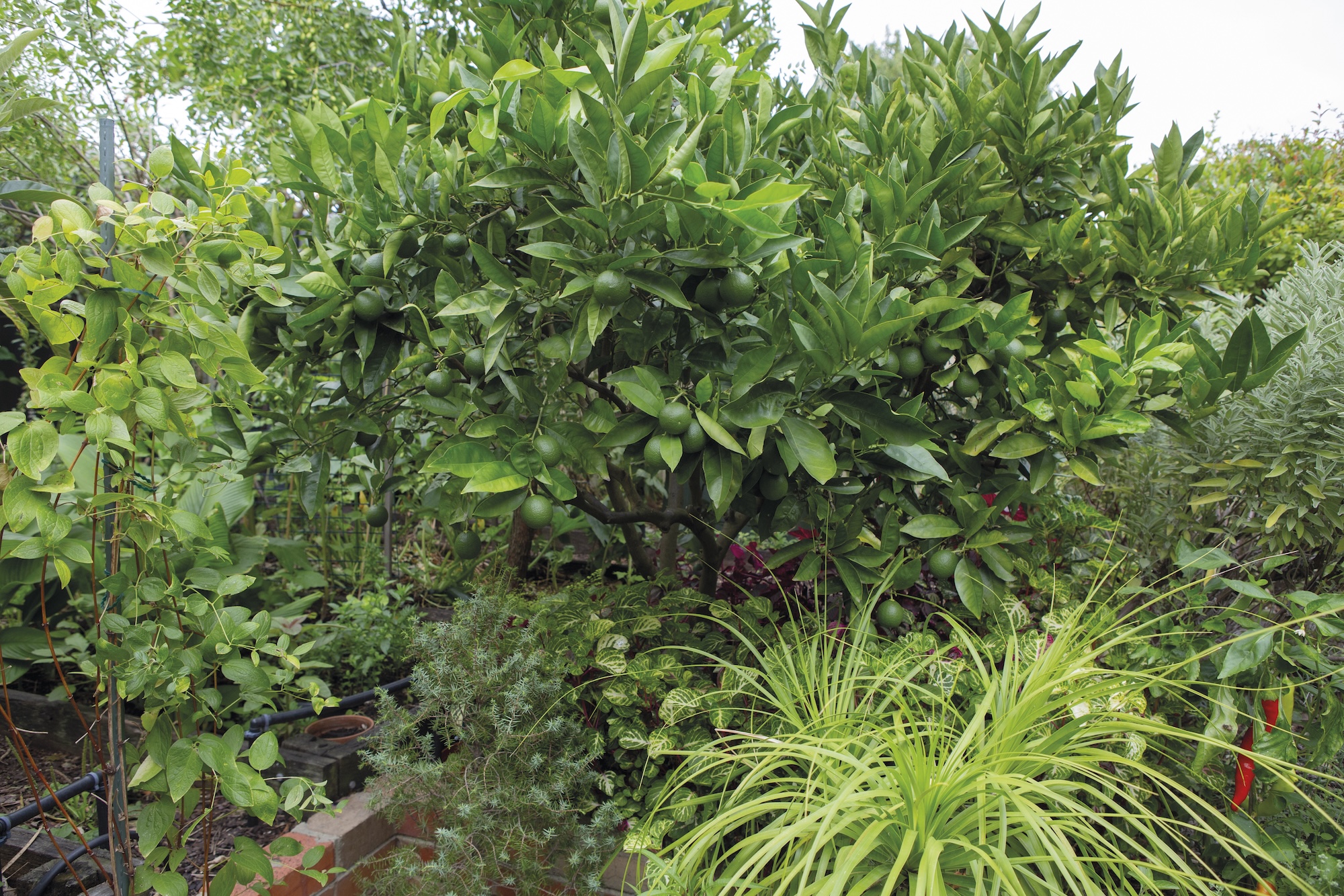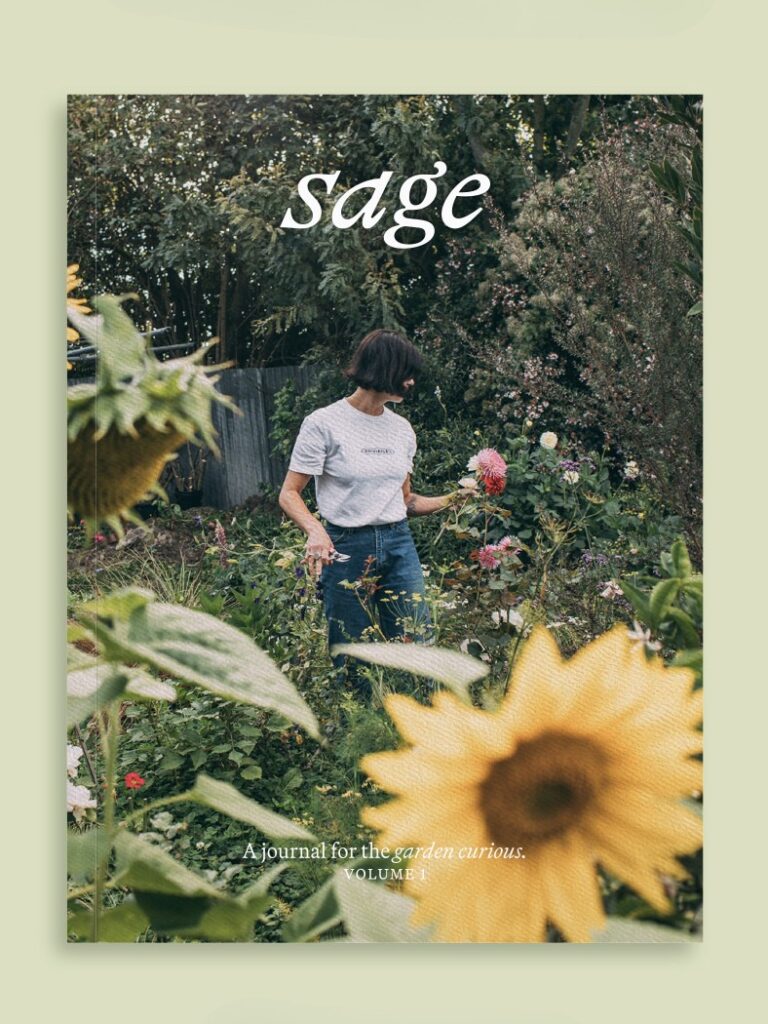Excerpt from Wild Kinship: Conversations with Conscious Entrepreneurs by Monique Hemmingson
Niva and Yotam Kay of Pakaraka Permaculture in Thames are a couple of the conscious entrepreneurs featured in the new book Wild Kinship.
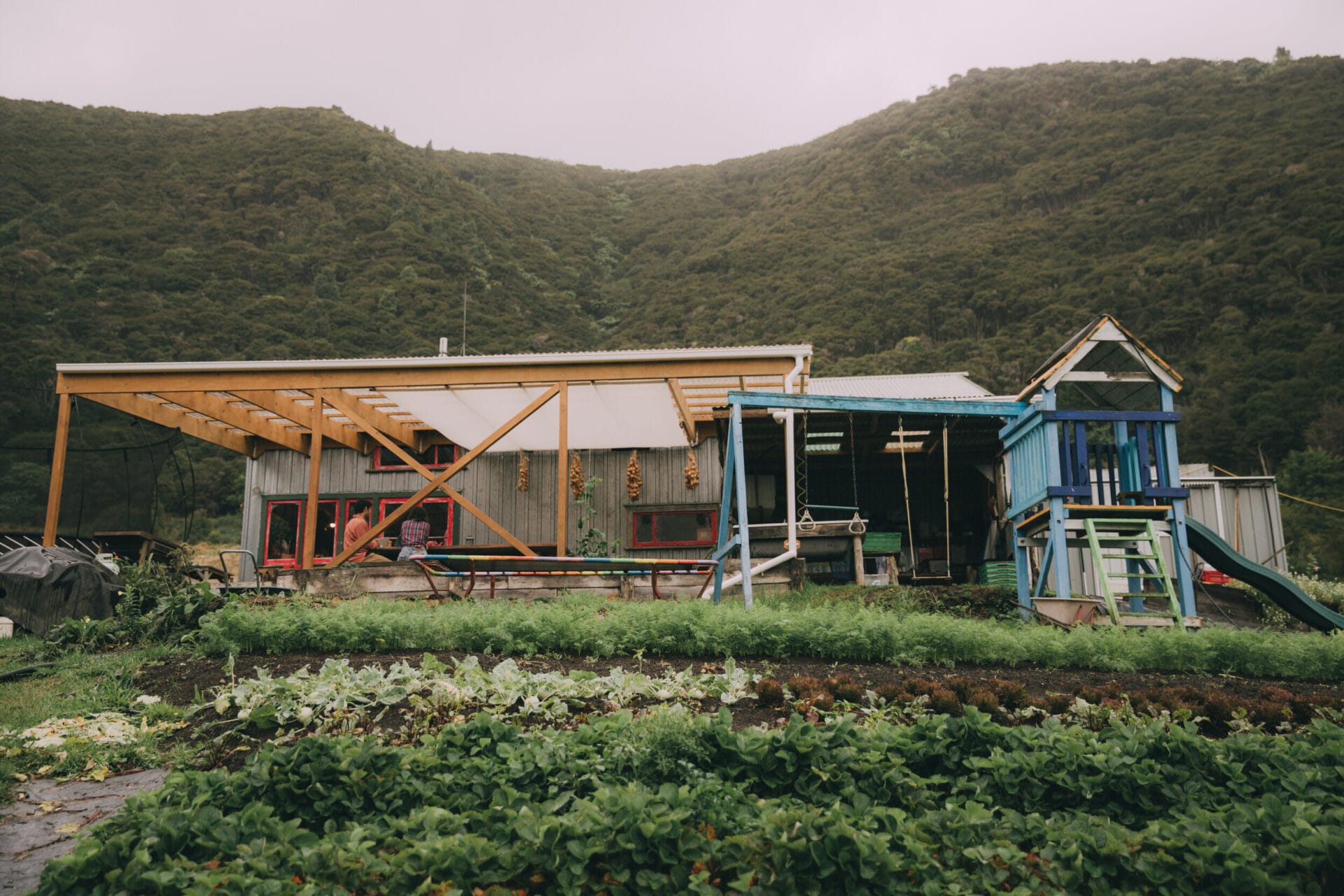
What, in your words, does permaculture mean?
Yotam: Permaculture is a design system to create habitats. It’s about supporting and being a part of natural rhythms. People think it’s only about growing, but it’s about design as a whole, working with nature to make systems in everything – events, architecture, education. It’s about a circular, abundant lifestyle. I consider my vegetable garden and its ecosystem my art.
Niva: What’s special about it is its core ethics: earth care, people care and fair share. Anything designed within permaculture has to embody these ethics. It’s systematic practices that help, rather than hinder, one another.
How did your past contribute to Pakaraka Permaculture?
Yotam: We met in 2006 during our environmental and peace leadership studies in Israel. Since then, we’ve been travelling and working in communities around the world on organic farms and studying permaculture. We came to New Zealand seven years ago and are raising our two young girls within this lifestyle, which gives us a lot of pride.
How did the farm come to be?
Niva: After our studies, we both decided the food system was really broken and that learning how to grow food regeneratively is probably one of the most important things we can do, as it affects the whole population. There’s also a lot of misunderstanding and conflict within this industry where people think you need to grow large crops with a lot of land, but in our studies we focus on producing more food, of better quality, in more efficient ways – where huge land mass isn’t required.
Yotam: We wanted to take the challenge to see how much food we could grow sustainably on a small plot and see how we could make a livelihood from that. We wanted to prove a point in a way – that it can be done – and actually, it has to be done.
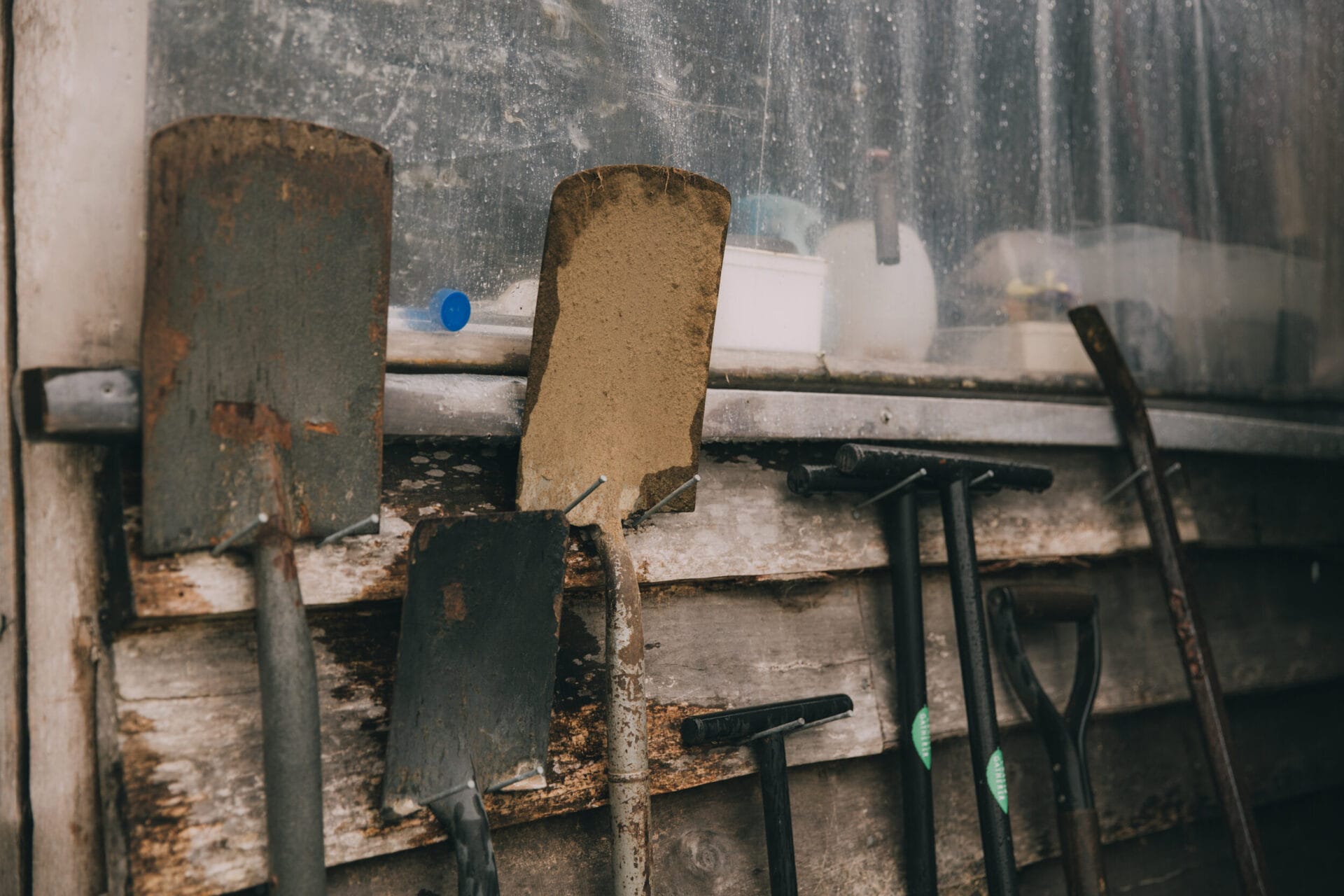
“Our focus is more on sharing our many years of learning and experience with other people so they can do it too. We want to see more and more gardens set up to feed communities properly.“
—
The size of your garden plays a large part in what you offer, can you explain why?
Yotam: We started this journey not really knowing how much we could accomplish, and now we know – anyone who’s willing to put the effort in can do this. For three years in a row now we’ve grown eight tonnes of produce on a quarter-acre, mainly over the course of seven to eight months of the year, with sales of close to $100,000. We could produce a little bit more with this space if we wanted to but now our focus is more on sharing our many years of learning and experience with other people so they can do it too. We want to see more and more gardens set up to feed communities properly. People can make a living and feed themselves in abundance off of a quarter-acre, and that’s amazing compared to the hectares and hectares of chemicals and machinery people usually farm from. It can be done without fungicides, pesticides, herbicides or chemical fertilisers. We grow about twenty-five different commercial crops this way.
“Most soil nowadays is completely depleted and has little to no nutritional value to pass onto the food that’s grown in it. That’s a real problem.“
—
How does production on the farm aid environmental sustainability?
Yotam: We’ve always made living consciously, ethically, organically and with less, our priority in life. Everything we source personally and professionally is ethical. We’ll always choose things that are strong, have a longer life and can be recycled or composted after use, which isn’t only environmentally sustainable but also a viable business model. People need to become more aware and be thinking about their choices and the long term. It’s largely about where your priorities lie – we don’t go out for dinner every week, buy coffees every day or go shopping for new things all the time.
Niva: We also sell pretty much everything we grow, there’s not often a lot that doesn’t sell or get eaten at home. When we do have leftovers, we donate them to the Women’s Refuge. We also work with soil testing companies to bring the nutritional value of our vegetables up. Our soil is really nutritional now because we’ve used tonnes of organic high-grade compost, layer upon layer, and we make sure we’re continuing to feed those organisms, so they continue to grow. Most soil nowadays is completely depleted and has little to no nutritional value to pass onto the food that’s grown in it. That’s a real problem.
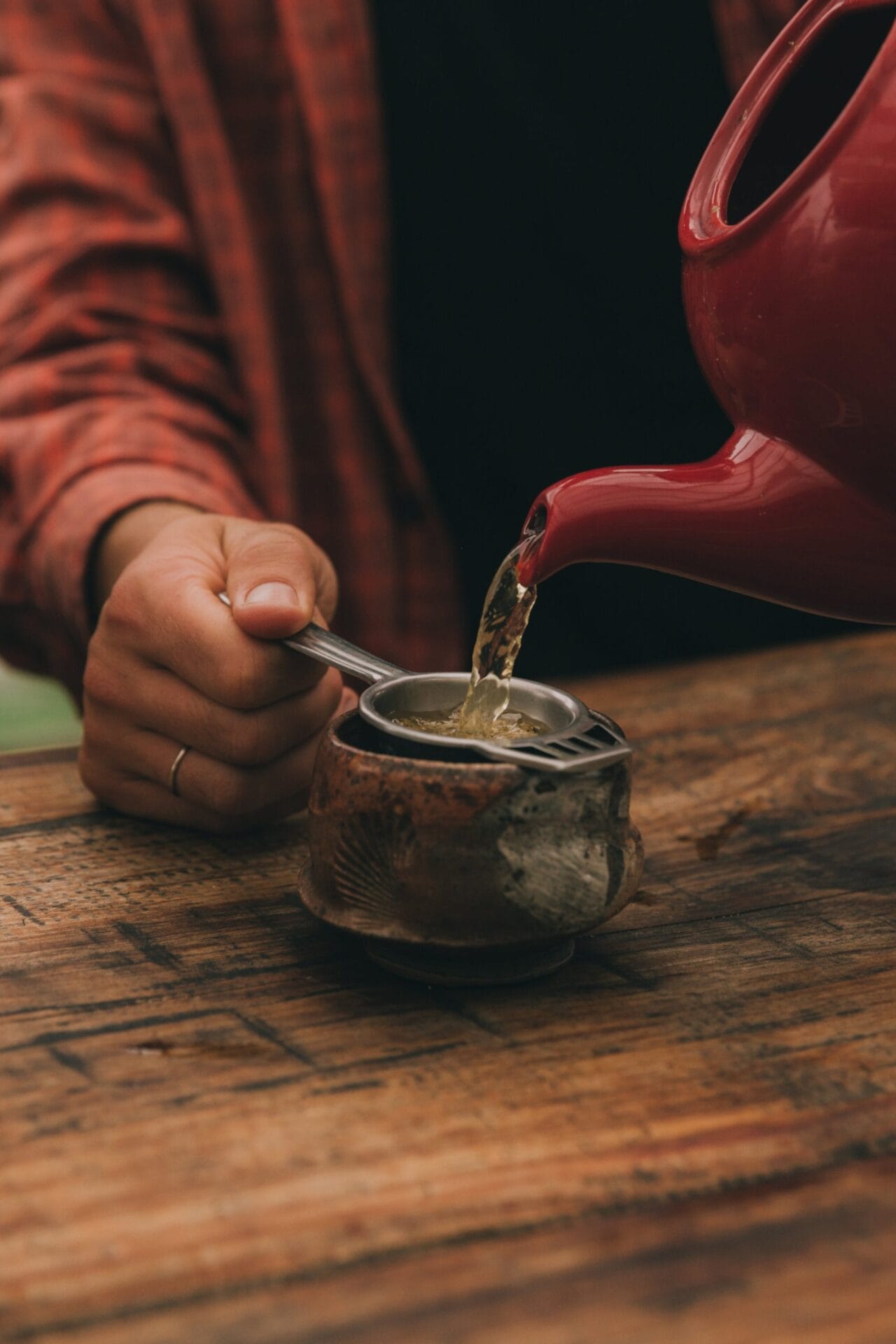
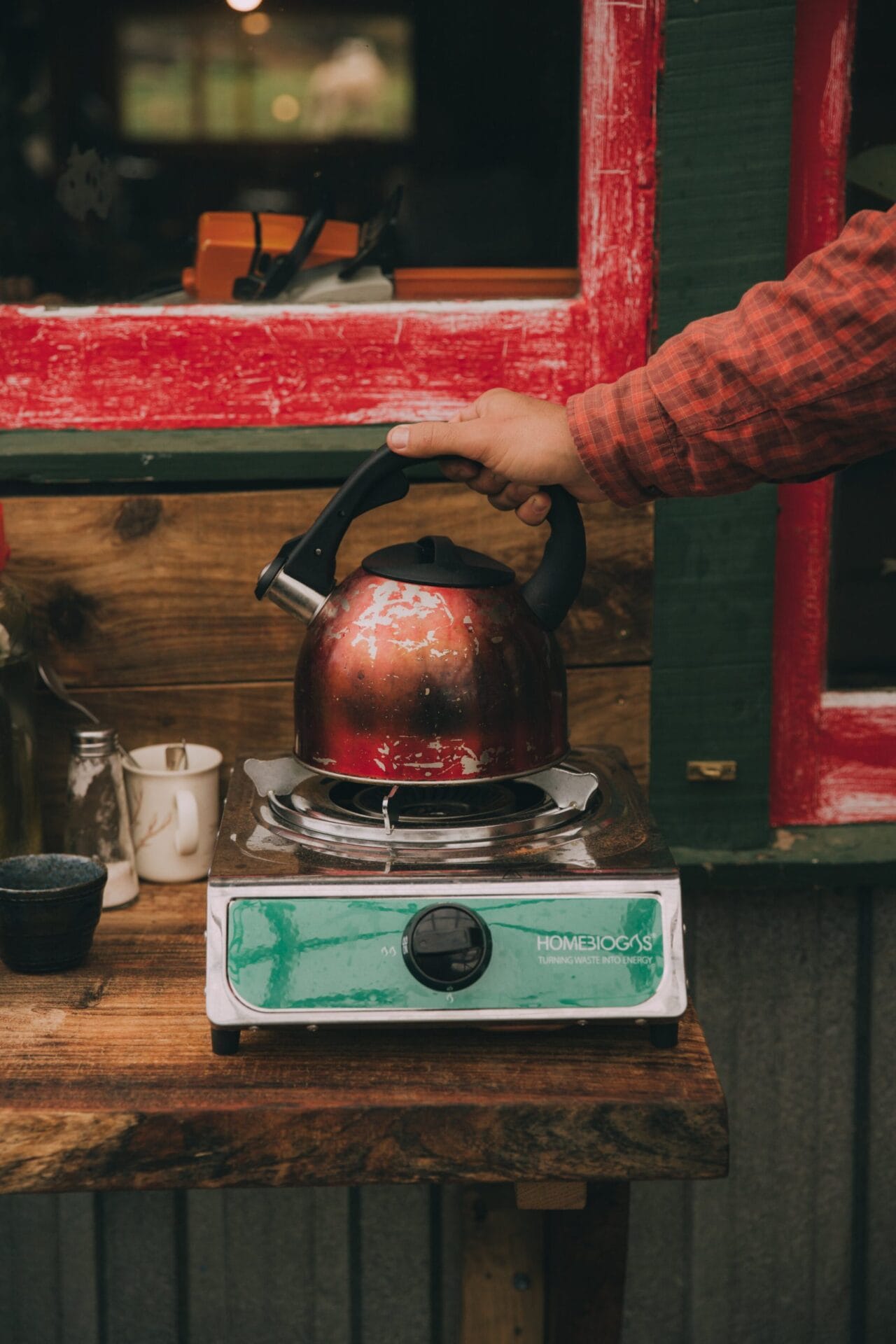
What have been some key learning experiences?
Yotam: We learnt by making mistakes a lot of the time. Even though we have a background in this field and a lot of work experience, there was no one around that was doing what we were doing, so at the time it felt like we were forging our own path, which was difficult.
Niva: Our site isn’t the perfect space. It’s not north facing, it’s sloping, and we miss three hours of sunshine each day because of the surrounding forest. We had to learn which months we could grow, as our gardens get heavily shaded in winter, which we had to slow down and which crops would work with our section, things like that. But this is part of the point – if we can do this here, on this site, then people can achieve it everywhere.
“Nothing in life is singular, not even the soil ecology. Everything grows and blooms together.“
—
Tell us about the rest of the farm?
Yotam: We own the rest of the farm with our neighbours which is 215 acres, including 180 acres of bush. We have sheep, chickens and cattle of all ages living together. We have a food forest with orchards, herbs, flowers, various fruit trees and timber. Our olive orchard has 100 trees which yields 500 litres of olive oil per season, and our chestnut orchard currently yields about two tonnes of nuts each year. Vegetable garden production isn’t all we want to do – we’re hoping to grow these other areas of trade, but bigger trees and orchards take a lot longer to grow.
—
Related reading: Designing Your Vegetable Garden | The Best Place for a Garden
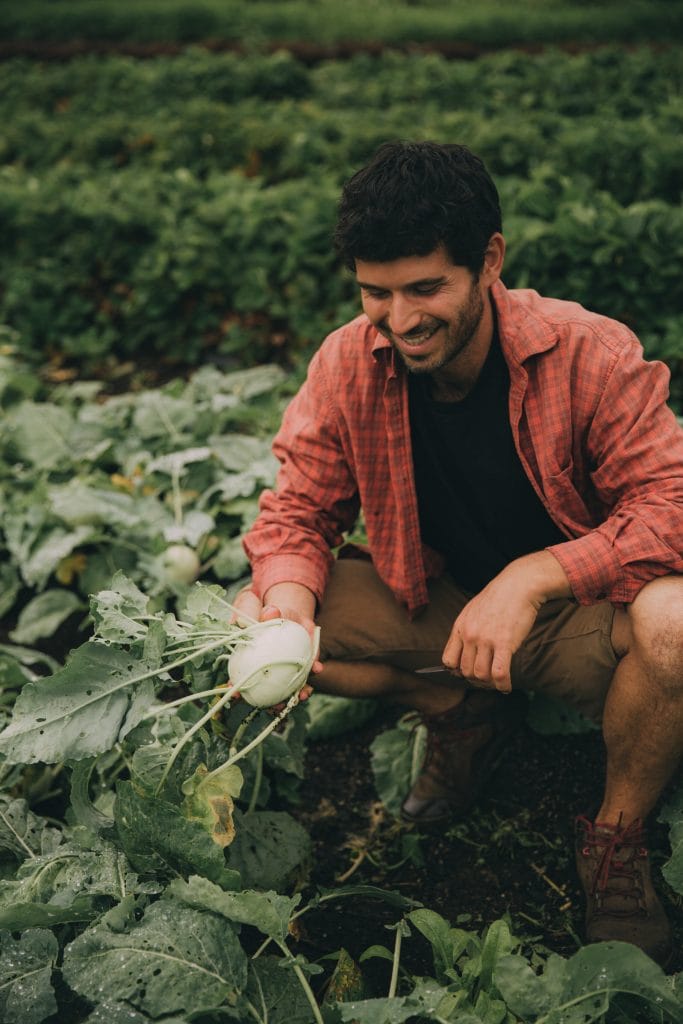
Where do you sell your produce?
We have a great relationship with twelve wholesale restaurants and local stores here and in Auckland – many we’ve worked with from the very beginning. We also sell fifty percent of our produce at our local farmers’ market, and the rest just an hour away in South Auckland.
How is education implemented into your work?
Niva: We have market gardening workshops here on site where we teach people how to set up their own gardens. We want to develop the farm into a living model of agriculture and permaculture, so people can come to stay and have hands-on learning. We also have an online platform of courses for people further away to access, too. We want to share our learnings because the more people who are growing food this way the better, be it in business or just personally in their own backyard.
Where do you hope to be five years from now?
Niva: I think it depends on the state of the world in five years. Each season is becoming more and more challenging. Five years from now, everyone’s going to see and understand that we can’t go on as we have been.
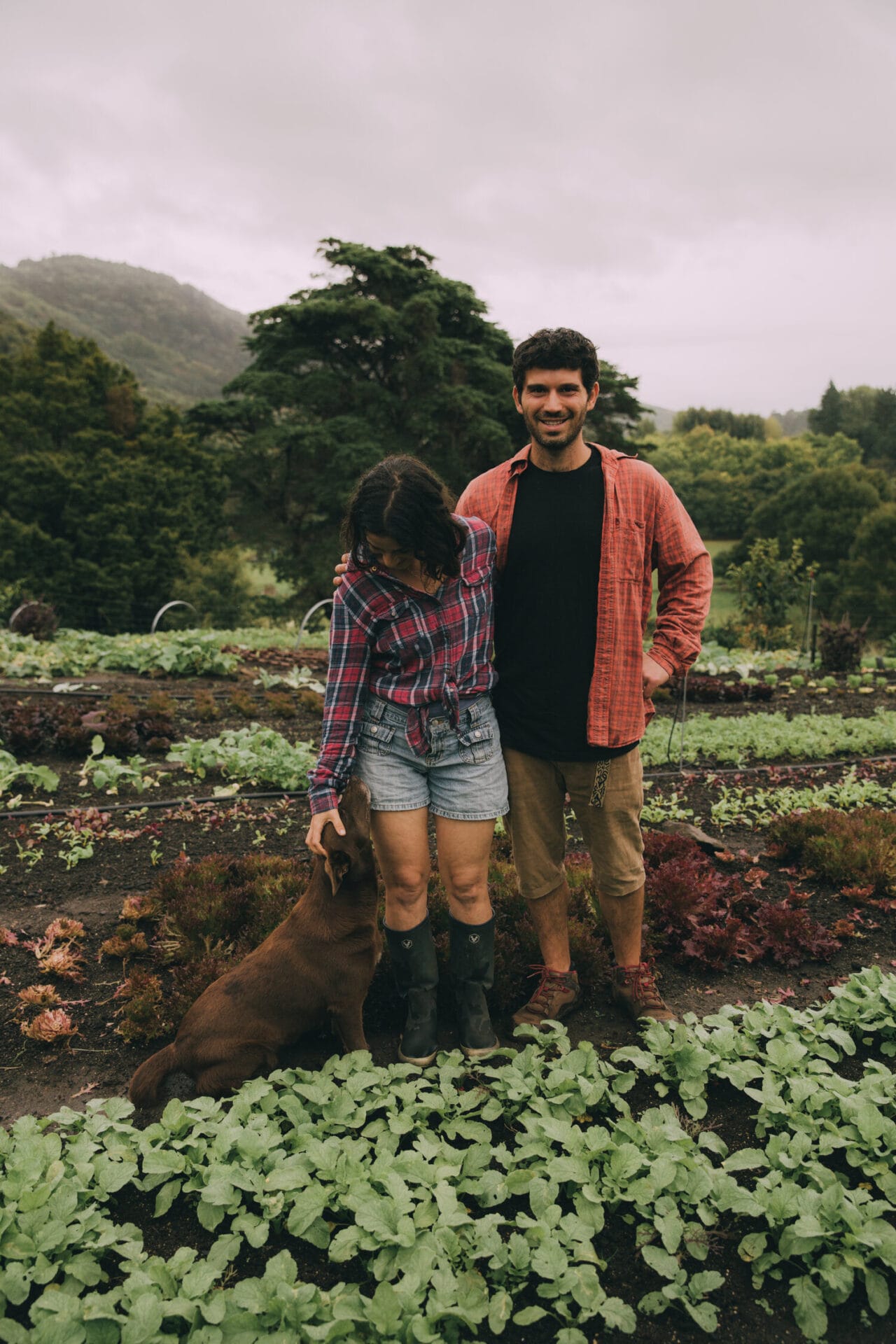
What would you say to encourage someone who is starting on a gardening journey?
Make a start — have a go! Find a friend to help you with the basics, but the best way to learn is through trial and error, and by taking the time to observe the garden and the plants growing in it. This helps you understand what the plants need to thrive.
Celebrate the little changes and fluctuations in the garden; watch how it evolves and develops, and see how the plants respond to the soil and climate. Don’t be afraid to move things around to find the best spot for them.
—
Yotam and Niva have published a fantastic book: The Abundant Garden.
— Read this popular excerpt on Designing Your Vegetable Garden | The Best Place for a Garden
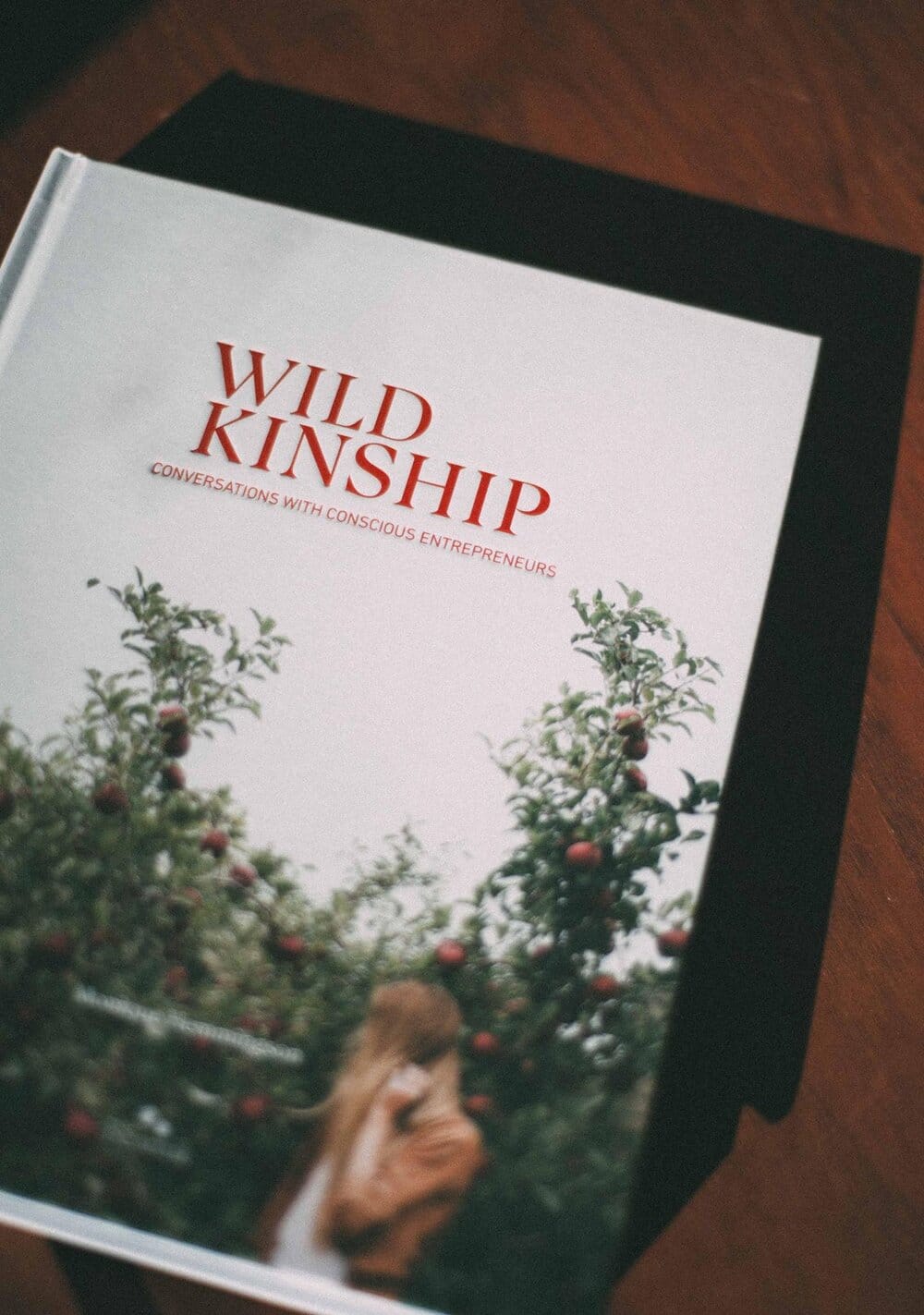
Wild Kinship: Conversations with Conscious Entrepreneurs by Monique Hemmingson
Published by Beatnik Publishing, RRP $60.00
Buy Now
